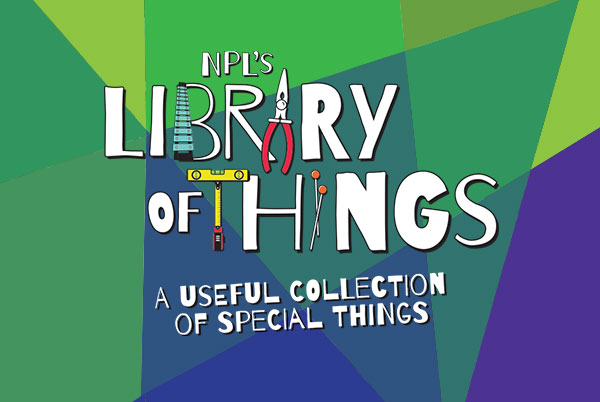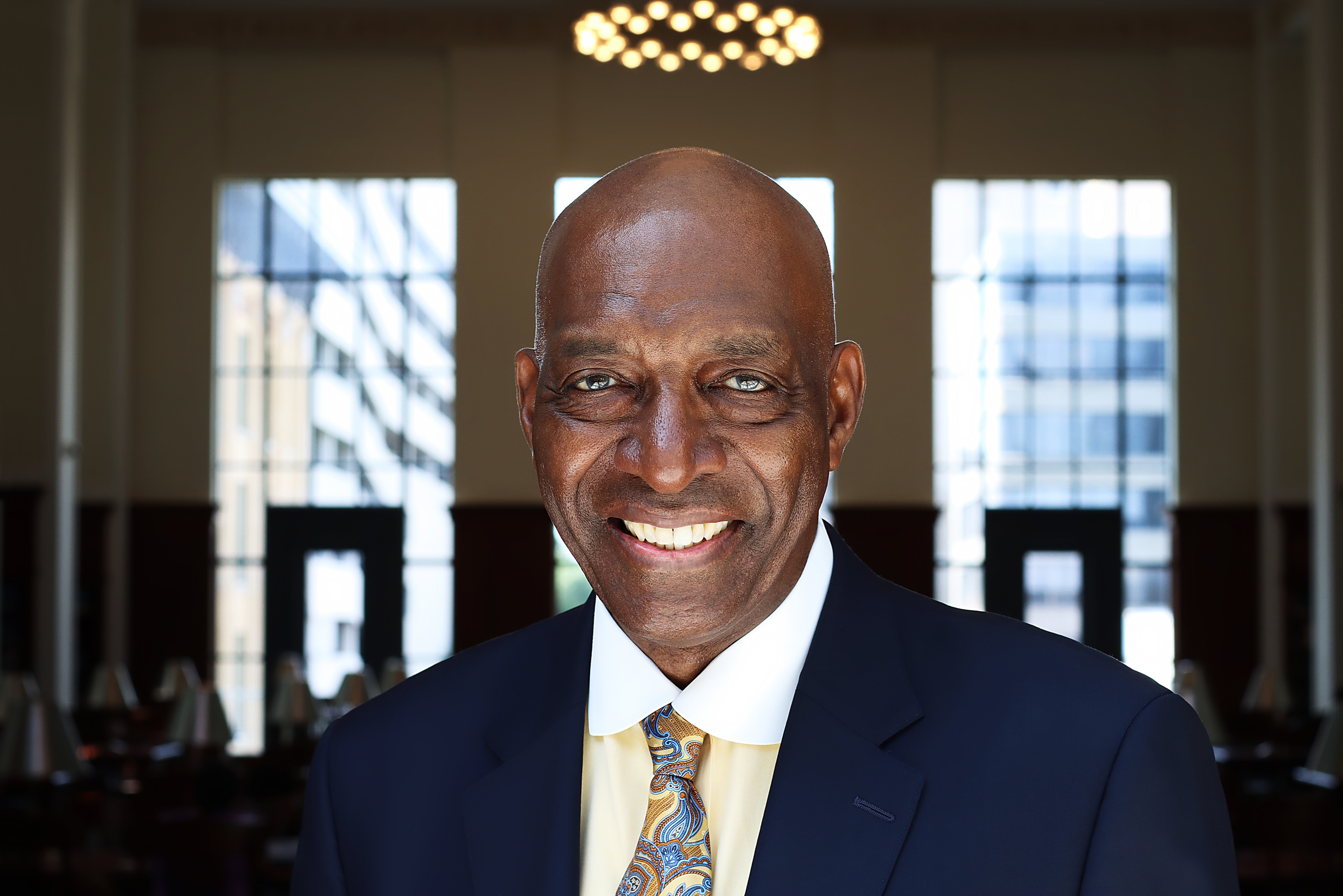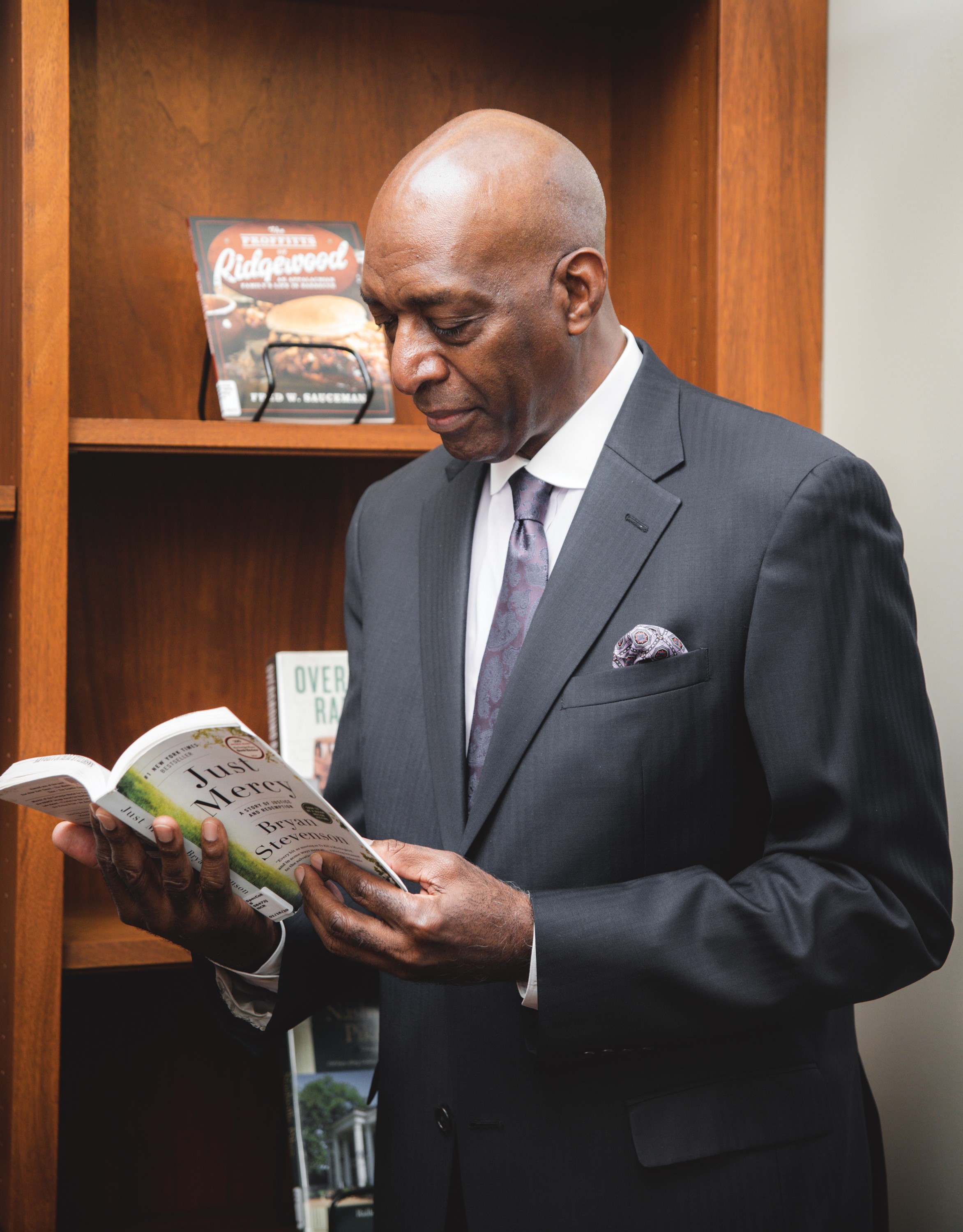
Votes for Women Showcases the Impact of Voting, Past, Present, and Future

Votes for Women Showcases the Impact of Voting, Past, Present, and Future
Elizabeth Cady Stanton. Alice Walker. Gloria Steinem. Shirley Chisholm.
Their stories — and dozens of others — are told in Nashville Public Library’s (NPL) Votes for Women Room.
Meanwhile, some unsung heroes exist even closer to home. That’s definitely the case with Don Holmes — outgoing Chair of the Nashville Public Library Foundation (NPLF) Board — whose devotion to voting was instilled by two women who helped raise him.
In the 1950s and ‘60s, The Civil Rights Movement — spearheaded by giants like Martin Luther King Jr., John Lewis, and Rosa Parks — was gaining traction across the nation.
For Holmes and his family, this evolution was a backdrop for a much more immediate, personal concern: the need to survive.
“We grew up in a house together where, at any given time, there could be eighteen to twenty-three people living in that house,” Holmes said. “This was the pre-Civil Rights Act era. Black individuals were very supportive of each other. They had to be to survive.”
Cost-cutting measures were essential. The family spent the majority of summer days outside so the electricity could be shut off, and prepared meals with kerosene heaters instead of electric stoves, to save money.
But there was one expense his grandmother, Annie Jackson, and her sister, Corrie Millhouse, never skimped on: the daily newspaper.
“At the time, a paper would cost you a nickel. And they would spend that nickel to buy a paper, sometimes at the expense of something else like food,” Holmes said. “And every night, they would sit and read the paper together.”
In particular, the sisters were devoted readers of The Philadelphia Tribune, a weekly paper detailing issues within and of interest to the Black Community.
It was a practice that played a pivotal role in shaping Holmes’ views on voting.

In his childhood years, local politics were the big focus in Holmes’ hometown of Philadelphia, Pennsylvania. Figures like Cecil B. Moore — a prominent lawyer, civil rights activist, and president of the Philadelphia NAACP chapter — were working to bring the national Movement to their local communities.
Holmes vividly remembers listening to his grandmother and aunt discuss who was running for office and what they stood for. The daily paper they insisted on buying helped them stay up-to- date.
They had good reason. The sisters were born in the early 1900s, in Orangeburg, South Carolina, the heart of the Jim Crow South.
By the time they came to Philadelphia in the 1920s, they realized local politicians would play the most direct role in how their community was treated.
But by the late 1950s and early 1960s, their focus had turned to the national stage.
“The big push was on for the Civil Rights Movement. We’d seen the Brown v. Board of Education case unfold. That was the first time I saw my grandmother and aunt get into voting on a national scale,” Holmes said. “Up until then, the focus was more on local politics, because that’s where you saw most of the civil rights activists doing their work.
“But with all of these events going on, and Kennedy running, I think their thought process shifted to, ‘Who’s going to care for us and our concerns at the national level?’”
On election day, Jackson — a homemaker — would ensure that all of her chores were done well in advance of her sister’s return from her job in a high school cafeteria.
They insisted on two things: that they would always go to the polls together, and that nothing would interfere with them casting their vote.
When he reflects on it now, Holmes believes that — with or without his grandmother’s and aunts’ influence — he would have been devoted to voting. After all, he also lived through the Civil Rights Movement and saw affirmative action become a standing policy.
But there’s no doubt in his mind that grandmother Annie and aunt Corrie set an example for him.
“I can’t say that we ever talked about how they were voting or why. But I overheard what they were talking about when they read the paper. I watched them insist on going to the polls together, every election day. It was seeing what they did that left a tremendous impact on my thought process about voting,” Holmes said.
To this day, he feels a sense of both duty and responsibility to vote. And even more so — he believes it’s crucial that voters be informed before they go to the polls, just like his grandmother and aunt.
“If you look at our politics today people often say, for example, ‘I’m voting for this person because they’re for abortion,’ or ‘Because they gave me a stimulus check.’ Many people tend to vote based on one issue alone. We don’t really look at who’s being impactful, who’s addressing all of the issues facing our country today, and trying to do what’s best for everyone.
“We’ve got to get back to that,” Holmes said.
Don Holmes has served on NPLF’s board since 2018, and as chair of the board since 2022. During his tenure - among other things - he shared his passion and energy for the programming of NPL with the NPLF Board. He collaborated on the development of NPLF's strategic plan, supported the launch of the Begin Bright campaign, and is a champion for the NPLF staff. The staff of NPL and NPLF thank Don for his years of devoted service to the library.